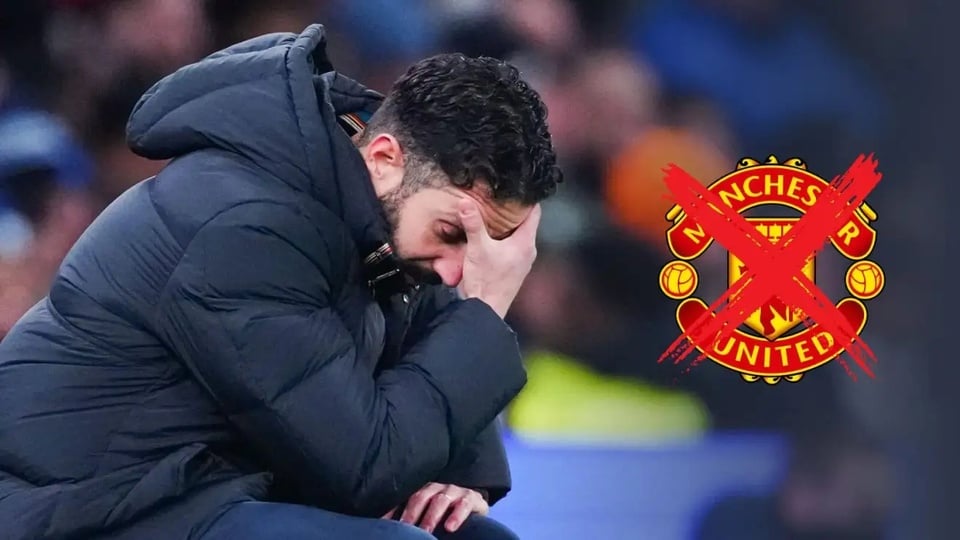 |
Amorim’s comments come at the end of a turbulent week, after he sparked doubts about his future with comments following the Carabao Cup defeat to Grimsby. His comments after the Grimsby game, in which Amorim said “change is needed” and that “the players have spoken their minds”, raised questions about whether he still has control of the dressing room.
Ahead of the home game against Burnley, which will take place at 9pm on August 30, Amorim explained that it was a natural reaction to frustration and disappointment, and that his style was not one of reserve, nor was he always calm in front of the media. He admitted that he would always react violently after similar defeats, and that his hot-tempered nature was unlikely to change.
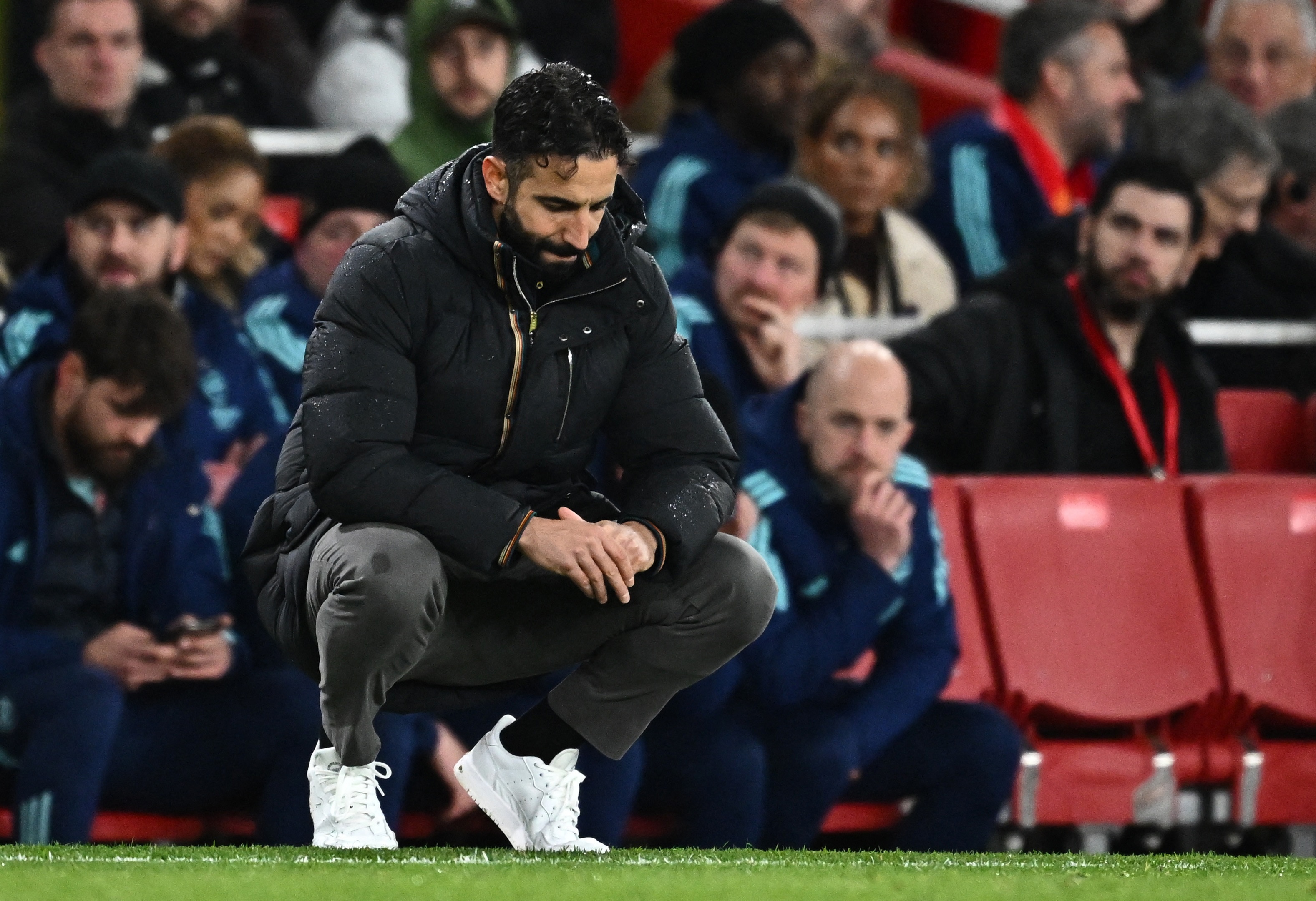 |
Amorim often has emotional instability on the field. |
Despite admitting to his own mental instability, Amorim believes the root of United’s problems lies in the players’ mentality. According to him, the players are haunted by the past, to the point of thinking that there is some kind of “curse” at the club, and this causes them to lose focus. He stresses that the only thing to do is to look forward to the next game and find a way to respond, instead of getting stuck in defeat.
Asked if he was certain of staying on after the international break, Amorim said no one could predict the future. His intention was to continue, but he did not want to make any promises beyond the fact that he was still Manchester United manager. He also admitted that his heated reaction after Grimsby had contributed to doubts about whether he would resign, and that there was an inevitable downside to choosing to act in that way.
Amorim admits that he sometimes has extreme fluctuations: sometimes he wants to leave immediately, sometimes he wants to stay long-term; sometimes he really loves the players, sometimes he doesn't want to see them. He sees that as a weakness that needs to be overcome, but it's also difficult to completely eliminate.
When asked if anyone at the club had ever tried to dissuade him from giving up, Amorim said that he needed only a few minutes alone, without needing anyone to advise him. He compared his extreme emotions towards his players to those of his own children: sometimes he loved them, sometimes he was angry. However, he believed that if the team won more, those negative emotions would gradually lessen.
Source: https://znews.vn/amorim-khung-hoang-tam-ly-chan-hoc-tro-muon-tu-chuc-post1581284.html



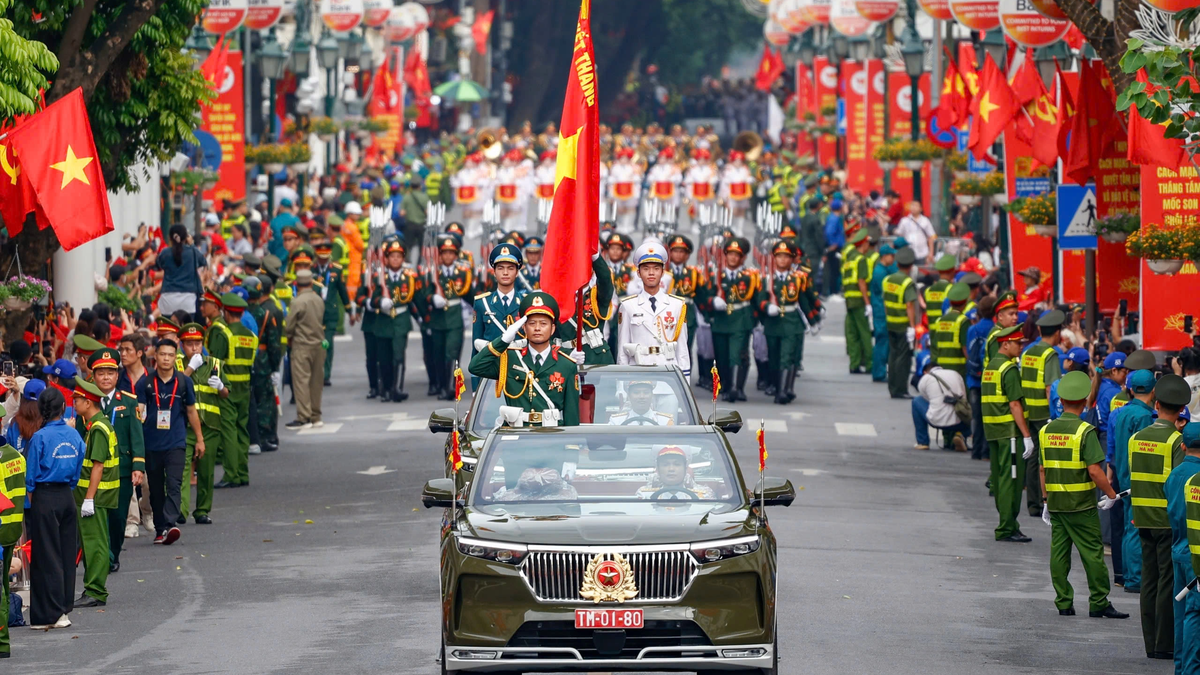
![[Photo] Hanoians stay up all night waiting for the parade rehearsal on the occasion of the Great Festival](https://vphoto.vietnam.vn/thumb/1200x675/vietnam/resource/IMAGE/2025/8/30/d14625501aee42e28bbd5227a1ff2b11)

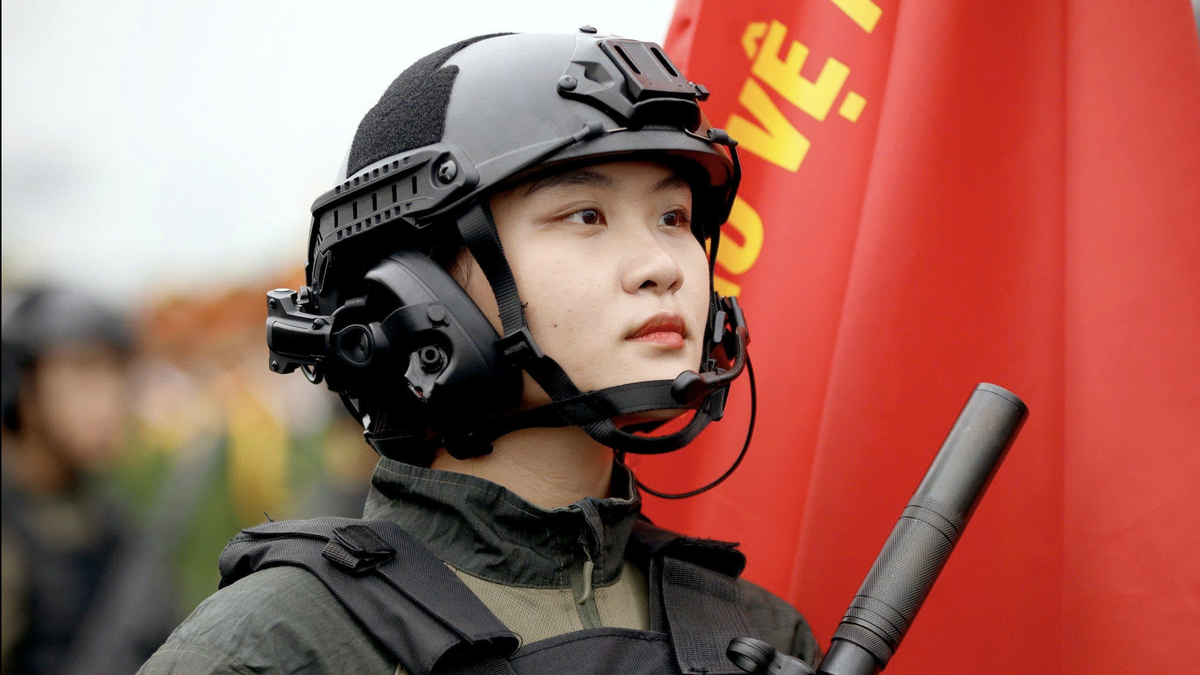

![[Photo] Snail noodle dish makes Liuzhou city, China famous](https://vphoto.vietnam.vn/thumb/1200x675/vietnam/resource/IMAGE/2025/8/30/56e738ed891c40cda33e4b85524e30d3)
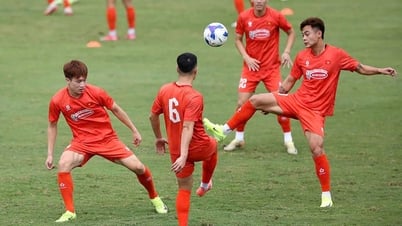

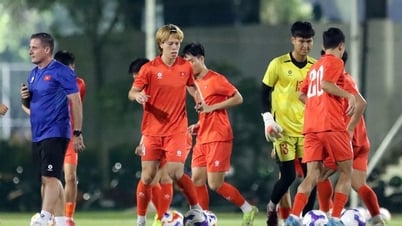










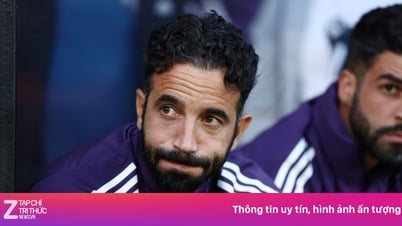


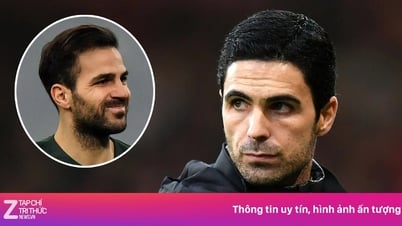














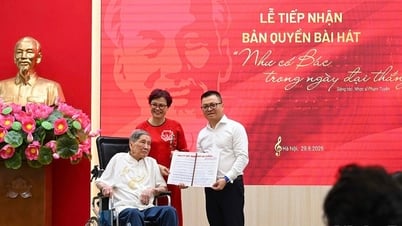





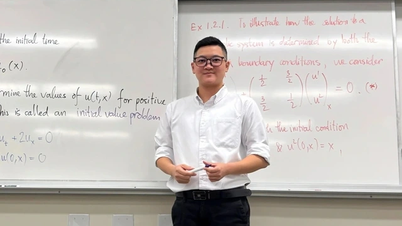
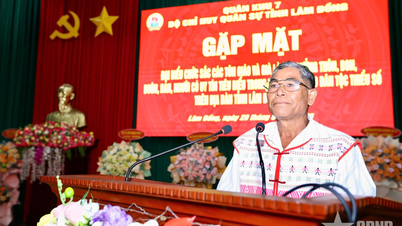








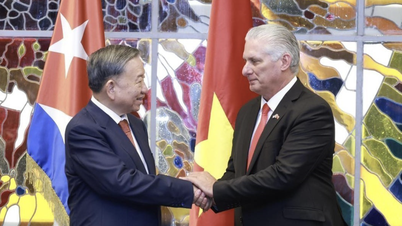
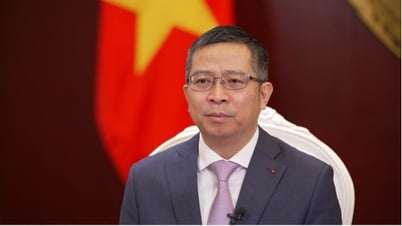



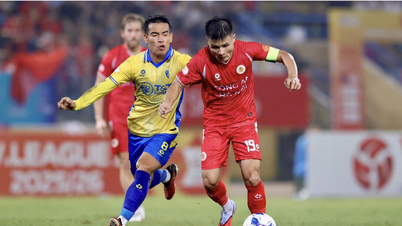





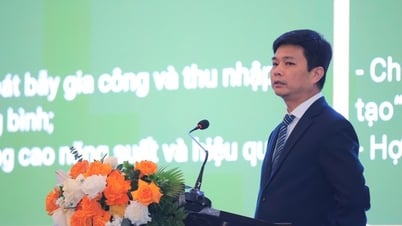
























Comment (0)